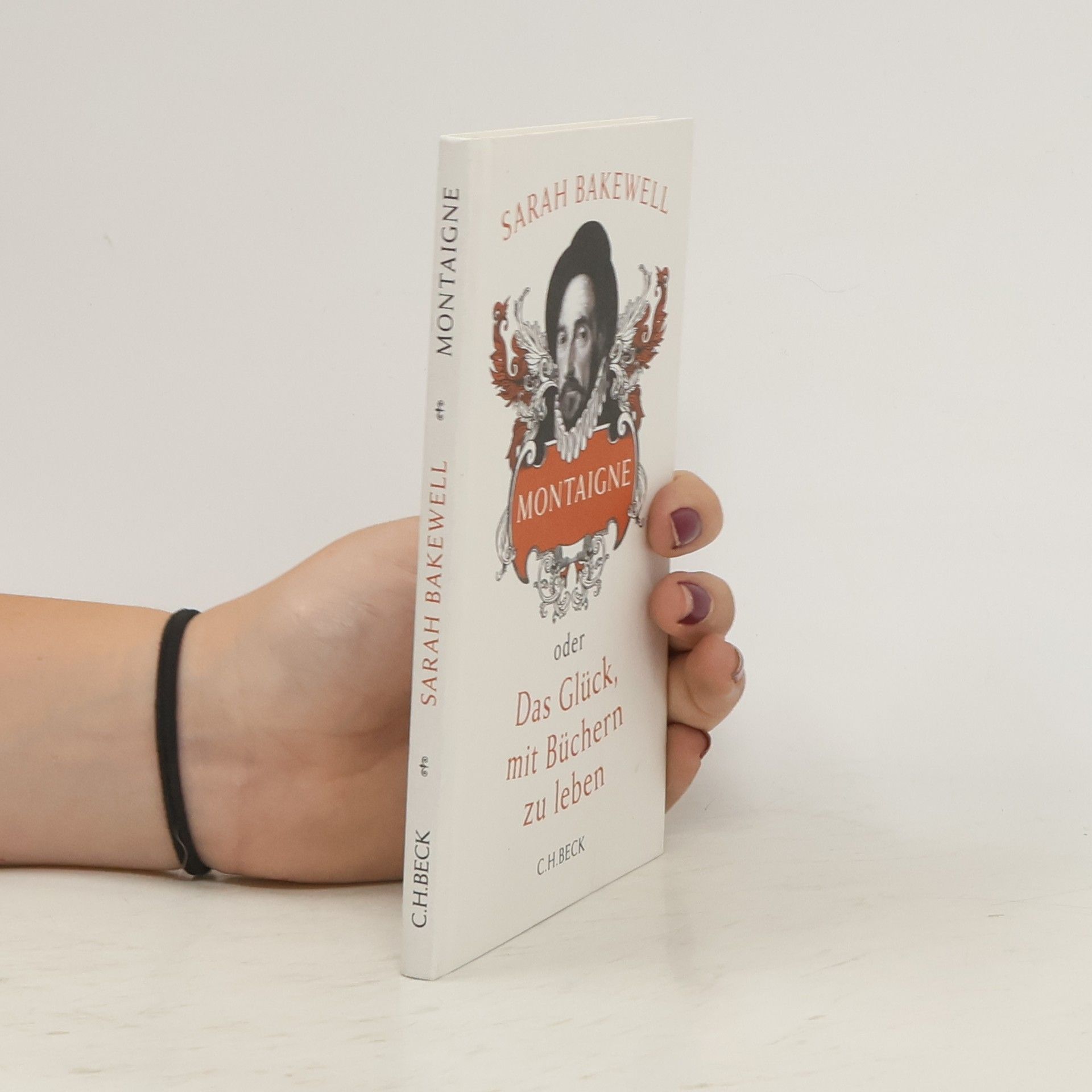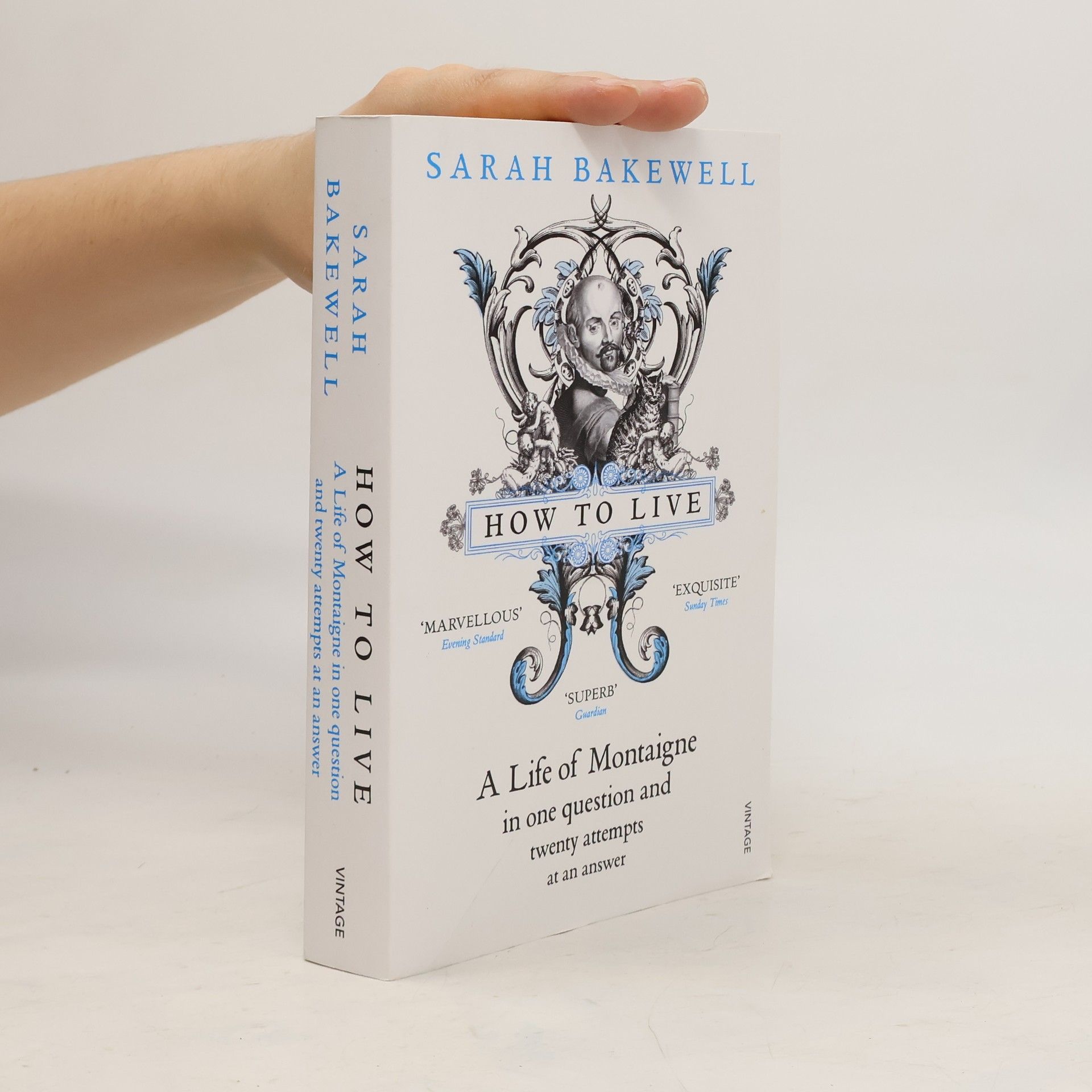At the Existentialist Café
- 448bladzijden
- 16 uur lezen
Shortlisted for the PEN Hessell-Tiltman Prize Paris, near the turn of 1932-3. Three young friends meet over apricot cocktails at the Bec-de-Gaz bar on the rue Montparnasse. They are Jean-Paul Sartre, Simone de Beauvoir and their friend Raymond Aron, who opens their eyes to a radical new way of thinking... 'It's not often that you miss your bus stop because you're so engrossed in reading a book about existentialism, but I did exactly that... The story of Sartre, Beauvoir, Camus, Heidegger et al is strange, fun and compelling reading. If it doesn't win awards, I will eat my copy' Independent on Sunday 'Bakewell shows how fascinating were some of the existentialists' ideas and how fascinating, often frightful, were their lives. Vivid, humorous anecdotes are interwoven with a lucid and unpatronising exposition of their complex philosophy... Tender, incisive and fair' Daily Telegraph 'Quirky, funny, clear and passionate... Few writers are as good as Bakewell at explaining complicated ideas in a way that makes them easy to understand' Mail on Sunday





